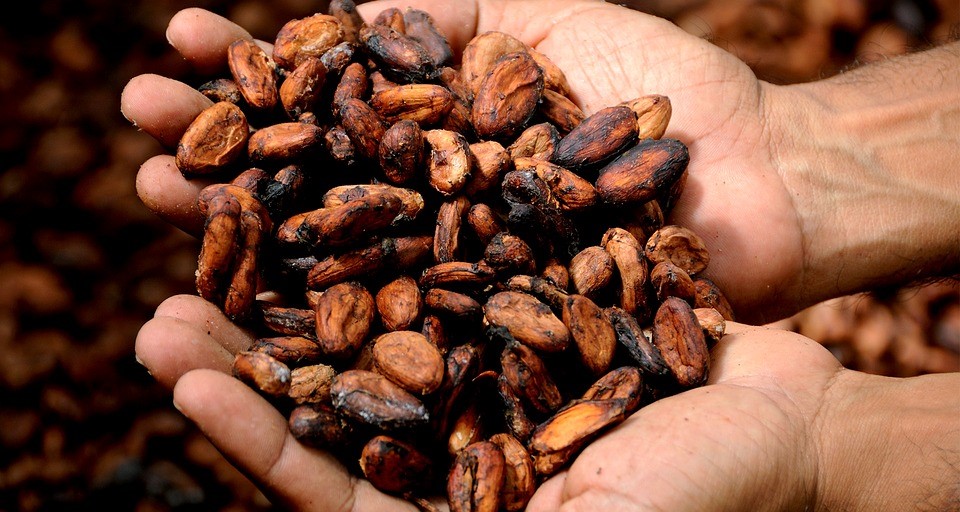
In Ghana, female cocoa farmers remain a marginalised group. Cocoa has been traditionally perceived as a man’s crop, and a combination of cultural, legal and social norms have coalesced to form a situation in which although women work just as much as men on cocoa farming- their efforts are rarely rewarded in income or status.
Our case study looked at a gender programme at a Ghanaian cocoa cooperative, which aimed to change this. The 20-year-old programme is run in collaboration with the UK confectionary company to which the cocoa is sold, and an NGO partner, and was a leader for its time, advocating quotas for women farmers on committees, and providing leadership training.
We wanted to know how was it that people in these organisations took steps against discrimination, and what was needed to affect change.
One thing we learned was that in order to promote gender equity in the cocoa industry, individuals first need to ‘apprehend’ the very existence of inequity. They need to see how structural laws and norms, organisational traditions and policies, and everyday assumptions about men and women farmers, work against equality.
“Seeing” produces a partial success
Further still, ‘seeing’ just one of these things can only be partially effective. If you focus solely on organisational policy (e.g. quotas for women on committees) this produces a partial success. What it won’t do is challenge existing class or ethnic grouping privileges, or men and women’s taken-for-granted household roles.
For example, since everyday practices such as cooking are closely tied to women’s status in the home and community, this means women prioritise these responsibilities. This in turn effects how much women are able to, or want to, engage in gender equality programmes. Including and understanding workers’ household as well as agricultural labour thus becomes a key step towards designing better gender equality and equity interventions.
Consciousness-raising, we argue, occurs when individuals see how structural, organisational and personal practices are the ingredients that contribute to, but could also undo, gender inequality. This is not a new phenomenon–civil rights and feminist groups have for years spoken about how ‘the personal is political’, and how consciousness-raising is a necessary process for emancipation.
The power of consciousness-raising
What we find is that consciousness-raising doesn’t just need to happen for cocoa farmers, but for all kinds of people working in organisations- from directors, to middle managers, to operational staff. It is helped along by relating to others through narratives, personal anecdotes, drawing comparisons between families, and learning through reading and watching films.
Consciousness-raising helps individuals see how power is not just the preserve of those at the top of organisations, but that everyone within the supply chain has some ‘power-within’ to affect change.
This insight into consciousness-raising presents an important- and different- implication for organisational efforts. It emphasises individuals, throughout organisations, listening to women workers’ own choices and experiences. This runs counter to top-down women’s ‘empowerment’ programmes, which are so often designed externally without consideration of women’s own needs and wants. Realising this is part of the process. Then the real work begins.
Read more
Lauren McCarthy & Jeremy Moon, “Disrupting the Gender Institution: Consciousness-Raising in the Cocoa Value Chain,” Organization Studies, 2018. A pre-publication open-access of the journal article is available here.
Image: dghchocolatier via Pixabay (CC0 1.0)

No Comments